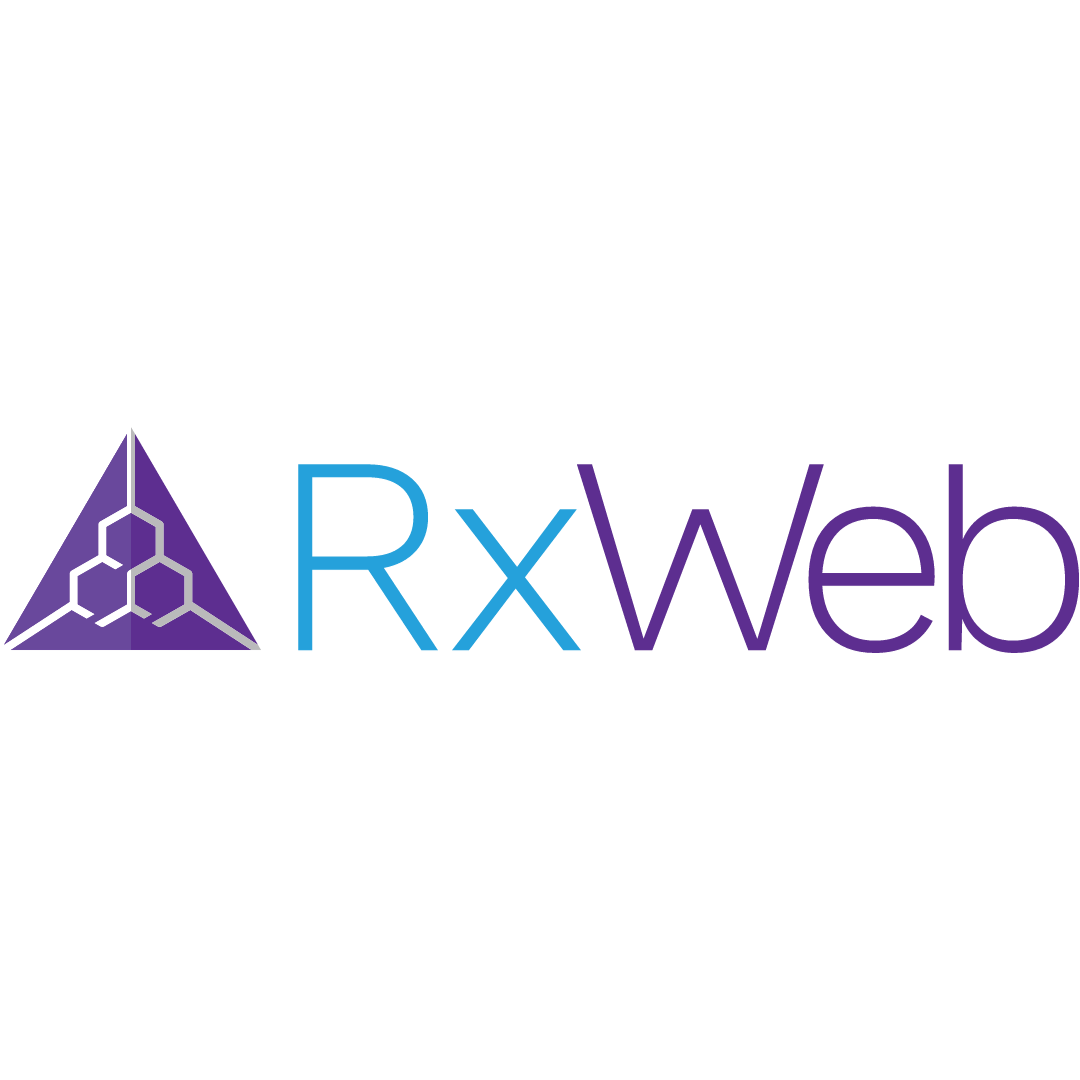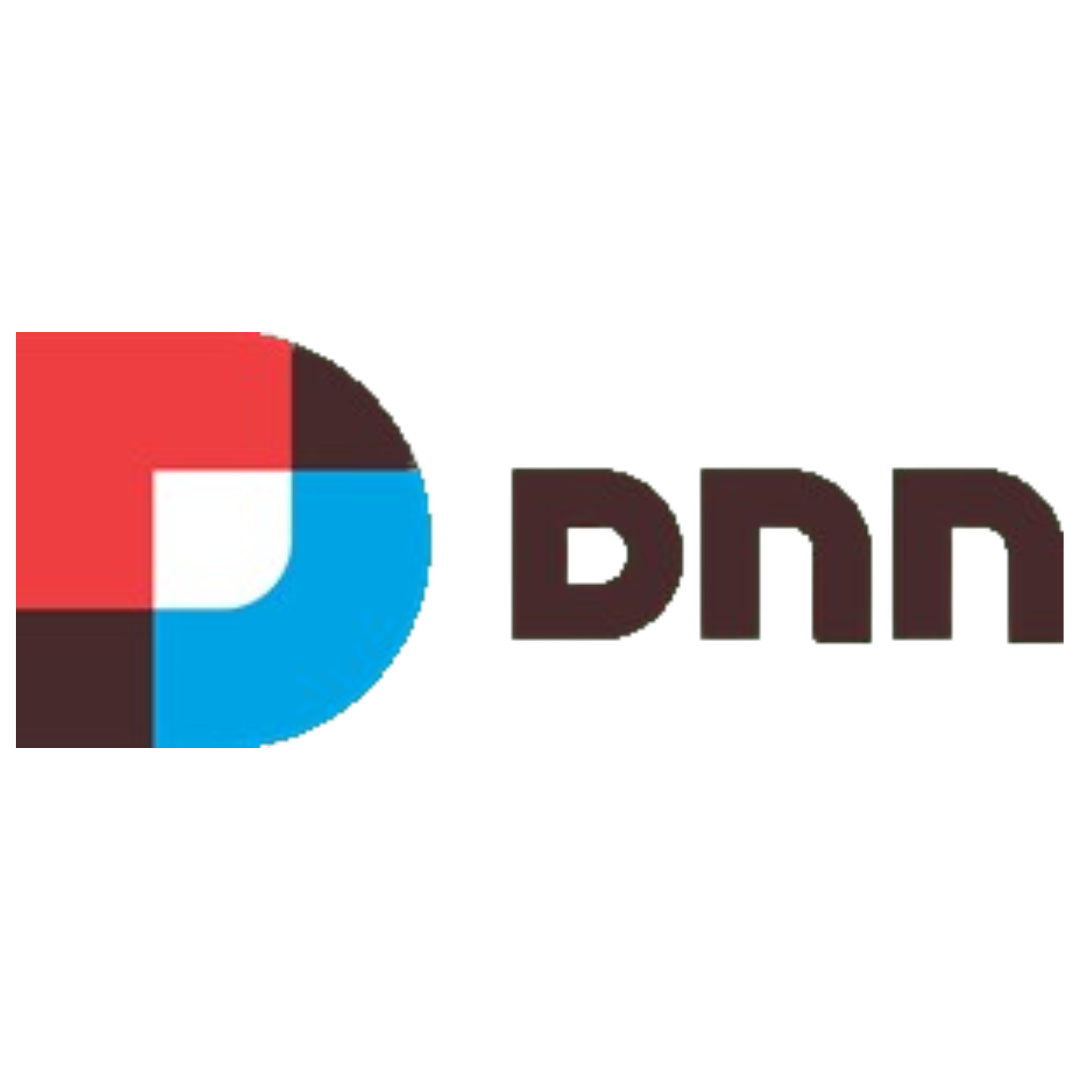
Understanding DevOps For Software Development
Software development horizons are expanding day-by-day and agility, efficiency and collaborations in it are paramount. Traditionally, there were developers and operations teams working in separate silos that lead with challenges like slow release cycles, poor communication and lack of synergy. The word DevOps is a short form which has been created by combining the two terms - Development and Operations. This was brought into force as a response to these issues that aims to bridge the gap between the crucial aspects of software development. You’ll come to know about some concepts of DevOps and its role in integrating development and operations within various software development methodologies.
Understanding DevOps Software Development
DevOps has been brought around as a technical approach that promotes collaboration between software development and IT operations. Its prime focus is towards the automation and monitoring of all steps of software development life cycle that includes designing and development, testing, deployment and ongoing maintenance. DevOps are made to break-off the traditional barriers that exist between development and operations teams. It facilitates an environment of continuous integration and delivery (CI/CD) and improving the overall software quality.
1. The Need for DevOps
They say - “united we stand, divided we fall,” but historically, the development and operations teams functioned independently, which led to inefficiencies and challenges in the system. Developers were more focused on writing code, while operational teams were responsible for deployment, maintenance and monitoring. This caused many problems:
1. Slow Release Cycles
There was a disconnect between developers and operations that led to delays in releasing new features. With the arrival of DevOps, the process is streamlined by automation and collaboration to ensure a faster delivery.
2. Communication Gaps
There were insufficient conversations between development and operational teams that resulted in errors and misunderstandings. With DevOps, there is an open and frequent communication that reduces the possible chances of misalignment and gives a more improved teamwork.
3. Manual Processes
Manual methods were used for deployment and testing which was very time-consuming and error-prone. DevOps brings automations to replace these manual steps that showed reduced time usage and enhanced reliability in the lifecycle of software development.
4. Lack of Scalability
Because there was absence of automation, there was difficulty to efficiently scale applications and infrastructure to accommodate changing demands. DevOps brings on automation features for infrastructure provisioning and management to drive a more rapid and seamless scaling process.
DevOps seamlessly addresses these issues by creating an environment for collaboration which also encourages harmony with the cross-functional teams. This collaboration was important in many software development methodologies that included Waterfall, Agile and DevOps itself.
2. Integrating DevOps with Software Development Methodologies
The integration of DevOps with Software Development Methodologies fosters the development and operation teams by breaking down their silos faster for a more reliable delivery of software. It builds a culture of continuous improvement and agile development. These are some of the methodologies:
1. Waterfall Methodology
In traditional Waterfall methodologies, development and operational activities were in some distinct phases. DevOps was then integrated by bringing automation and collaborations with a sequential approach. This helped in reducing the time spent on each phase and also improved the overall process efficiency.
2. Agile Methodology
Agile methods focus on more iterative and incremental development. DevOps aligns well with Agile principles by promoting a continuous integration and delivery. This means that as soon as the code changes are made, it’s automatically tested and deployed to ensure faster feedback and adaptation to changing requirements.
3. DevOps Methodology
DevOps is a software development methodology on its own which also emphasizes collaboration between development and operations from the beginning. It combines automation, constant monitoring and all the feedback loops to facilitate a streamlined and fast-paced development process.
3. Core Principles of DevOps
DevOps has been on the supportive pillars of these core principles that drive efficiency and reliability in software development. Collaboration, automation, continuous integration, continuous delivery and continuous monitoring altogether come up to build a culture of teamwork, precision, speed and constant improvement. Here is a better explanation of each on them:
1. Collaboration
DevOps provides a culture of open and frequent communication between development and operations teams. These collaborations are conducted to ensure that everyone stays on the same page to understand the goals of the project and also to share the responsibility with the project's success. Better decision-making and problem-solving has been noticed by encouraging cross-functional teamwork and breaking down silos.
2. Automation
Automation lies in the heart of DevOps by streamlining processes and reducing the possible human errors. Tools like Kubernetes, Docker and Jenkins are popular for automation in DevOps practices. It gives a boost to the speed of development and deployment and also ensures consistency and productivity in every step taken beneath the software development lifecycle.
3. Continuous Integration (CI)
CI is a practice where code changes are integrated into a shared repository, multiple times in a day. This brings preciseness to work on smaller, more manageable code increments that facilitates early detection and resolution of issues related to integration.
4. Continuous Delivery (CD)
Building on CI, CD goes a step further to automate the deployment code of changes towards production and staging environments. This means to keep your software in a deployable state and to reduce the manual intervention in the release process and also by speeding up the feature delivery.
5. Continuous Monitoring
Continuous monitoring tracks down all the application performance and identifies any issue in real-time. It provides insights on how the software is performing in production which helps teams to detect early problems and to respond swiftly by improvising the software reliability and satisfaction of users.
4. Benefits of DevOps
DevOps gives innumerable benefits that includes faster time-to market, improved collaboration, greater reliability, cost efficiency, enhanced customer efficiency, etc by aligning development and operations for continuous improvements and innovations.
1. Faster Time-to-Market
DevOps shortens the time taken by a software to release and ensures that new features and improvements reach end-users quickly. In competitive markets, this agility becomes very important and it also enables organizations to stay ahead.
2. Improved Collaboration
Collaborations with the developers and operations teams fosters better decision-making, faster issue resolution and improved code quality. Altogether these result in a more effective and efficient project execution.
3. Greater Reliability
There has been a significant enhancement in monitoring and automation that boosts the overall stability and reliability of applications. Fewer errors and faster issue detections leads to a lesser downtime and an increase in user satisfaction.
4. Cost Efficiency
Because there are automations, there is a reduced need for manual and repetitive tasks, which, in turn, reduces operational costs. Detecting and addressing issues early in the development stage minimizes the financial impact of post-release bug fixes.
5. Enhanced Customer Satisfaction
When you serve rapid responses to customer feedback and give a quick delivery of new features with improvements, it leads to happier customers. All these practices will lead to a higher customer satisfaction and increased loyalty, word-of-mouth recommendations and a competitive advantage in the market.
5. Improved Error Recovery by DevOps
DevOps practices enhance error recovery and bring resilience to software applications. By continually monitoring and automating detection of errors, teams can seamlessly identify issues, roll back on challenges and apply necessary fixes when required. This turns out in a reduced downtime and more improvised user experience as problems are addressed proactively.
6. Scalability and Flexibility with DevOps
Scaling the organization with DevOps practices empowers software solutions and infrastructure efficiently. By automating deployment and management processes, teams can easily adapt with changes that are in demand like handling increased user loads or deploying new features. These scalability and flexibility features are very important in the modern applications that seek growth and want to evolve in the market dynamics.
7. Security Integration of DevOps
In the digital horizons, security is a paramount concern for software development. DevOps doesn’t just rely solely on speed and efficiency, it also emphasizes on security and integration with the process of developing. This process has got a term - DevSecOps, that ensures security is a fundamental part of the development and operations lifecycle. Adapting with security measures early in the development process gives organizations an ease to identify and mitigate potential vulnerabilities to reduce the potential risk of security breaches and data leaks. DevSecOps brings in all the security experts with developments and operations to address the issues collaboratively and resolve all the security concerns to make an essential component of DevOps in modern software development.
Conclusion
If you are looking for a transformative software that emphasizes the integration of development and operations teams then DevOps has emerged as one. By promoting collaboration with teams, automations and adopting continuous integration and delivery, DevOps significantly enhances the overall development process of the software, regardless of the chosen methodology. Embracing these DevOps principles enables users with an organization to provide software with sound-quality. These practices altogether lead to better customer satisfaction and a competitive advantage in the fast-paced digital era.
You can also visit related blogs:


































































comments for "An Interview with Exavibes Services"
Leave a Reply